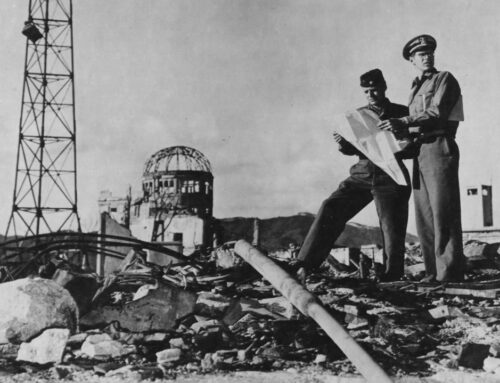What is a preemptive attack?
According to the U.S. Department of Defense “preemptive attacks, are more restrictive, specifying that that state launching a true preemptive attack must be certain that the enemy attack is imminent”(Preemptive and Preventive Attack in U.S. National Security Policy, P6). So preemptive attacks are a reaction to having evidence that indicates to possible attack by the enemies, the evidence doesn’t be too explicit or too clear, it needs to give the military legal justification to use the force. A well-known example of the preemptive attacks is the 1967 Six-Day War when Israel started preemptive attacks against Egypt and Syria to sprees their plan of coordinate attack against Israel.
What are the UN Security Council Resolution 1373 (2001) and 1566 (2004) talking about?
1566 (2004) is the resolution adopted by the UN Security Council on 8 October 2004, it condemned terrorism and consider it as a threat to the security of the state and citizens. It works under Chapter VII of the United Nations Charter, as a result, it constructed a working group to take measures against individuals, groups, and entities, which practice or associate in terrorist attacks. It asks for more punitive and legal prosecution of the terrorists and asks the working group to construct international supportive funds for the victim as a kind of compensation. On the other hand, UN Security Council resolution 1373 (2001) was adopted on 28 September 2001 as a consequence of the 11 September terrorist attacks on the United States. This resolution focused on defining terrorist attacks and emphasizing counter-terrorism measures to reduce the terrorist attacks. The resolution established the Security Council’s Counter-Terrorism Committee (CTC) to impose monitor measures on state implementation of the resolution provisions.
Both of these resolutions focused on restricting movement and refugees enter the state, to prevent terrorist attacks by refugees who are seeking asylum. Even of the fact, that these resolutions are trying to reduce terrorism, both of them didn’t give precise terrorism of the terrorist attacks, both of them didn’t extend to cover various forms of terrorism. Additionally, these resolutions focused on Sanctioning Al-Qaeda and the Taliban regime of Afghanistan, while there is various terrorist groups that could be inserted in the sanction list, such as the Pakistani groups that defeated Kashmir in 1947.
Give one consequence on human rights from the counter-terrorism measures?
The counter-terrorism measures mainly could violate human rights of life by using lethal forces. Moreover, it extended to violate other rights, for instance; the USA military bases that distributed in various countries represent a violation of the sovereignty right of the states and their citizens because these bases are forming a threat to the security of the states and citizens. The second example is the human rights of political asylum in the cases of civil war, so the counter-terrorism measures increase the possibility of violating refugees’ right to life, security, and protection.
Work cited:
- ” STRIKING FIRST Preemptive and Preventive Attack in U.S. National Security Policy”, RAND Project Air Force, https://www.rand.org/content/dam/rand/pubs/monographs/2006/RAND_MG403.pdf
- “Human Rights, Terrorism and Counter-terrorism” fact sheet number 32, Office of the United Nations High Commissioner for Human Rights.







